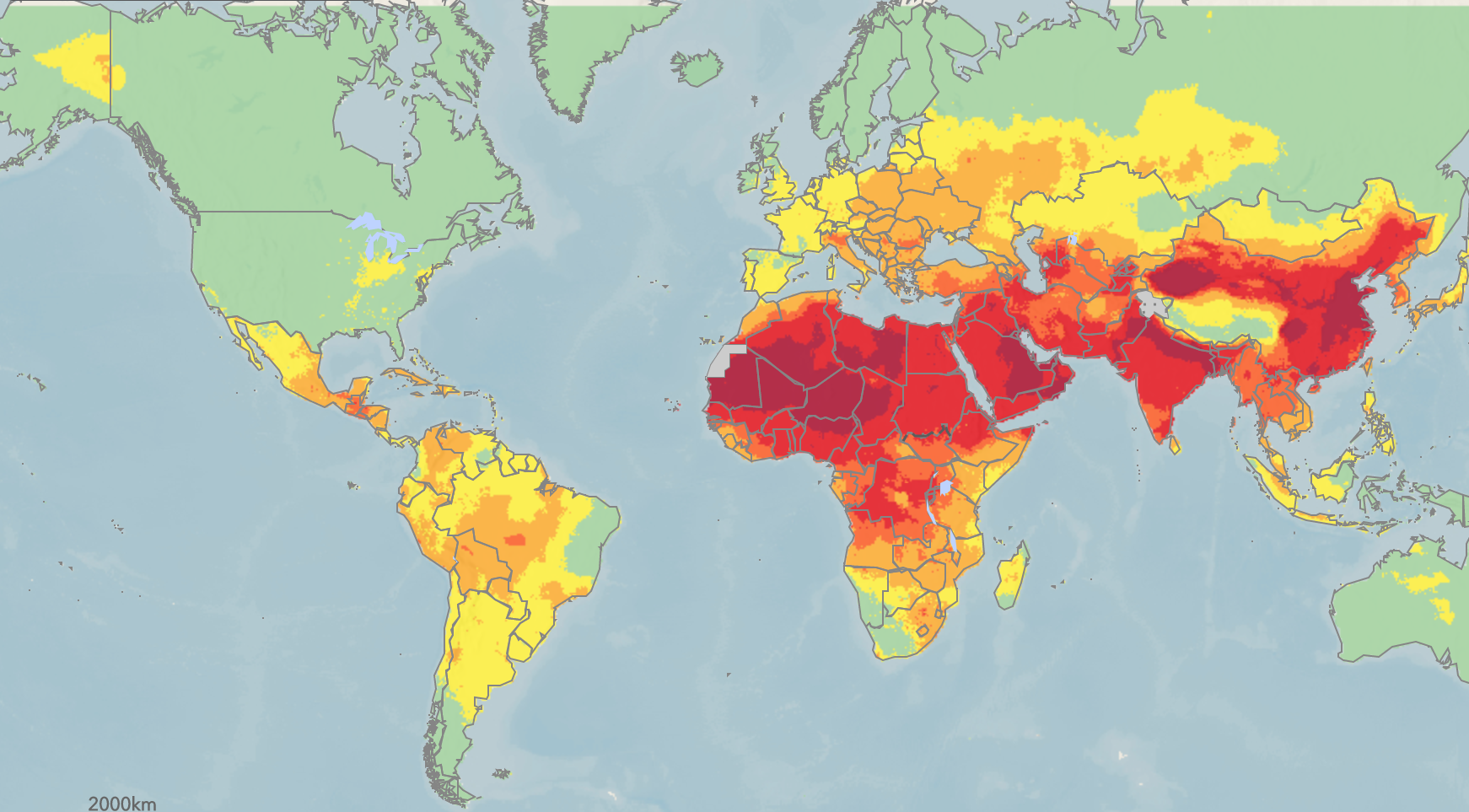
It's hard to have a serious discussion about pollution while pretending that 2.7 billion people, over a third of the world's population, are not creating pollution because they have been given "developing" nation status.
Yet air quality and emissions have become a political issue and not a scientific one. America already has the best air quality in the world (1) so activists have moved the goalposts to smaller and smaller particles, now claiming that more restrictions on small micron particulate matter, (PM2.5) are needed and they will save virtual lives - deaths that will not happen if government penalizes business and raises costs for consumers. In Europe, the politicization of science is even worse. They are manipulating emissions regulations they created so they can burn more wood, which is actual dangerous pollution (PM10) but those emissions are exempt because they simply call it "renewable." Thanks to European politicians drafting emissions rules, the pollution Europe creates is charged to the emissions of the developing nations who cut down the wood for Europe to burn.
That's a step backward but no surprise. Europe has become timid about the future when it comes to the science of Chemicals, Health, Energy, and Food (CHEF). One thing is clear, even if the air in Asia is not; if we want a cleaner planet and better health, an easy target for improvement is India and China, where PM10 is a significant problem.
Instead, even the United States signed an agreement giving China unlimited emissions until 2030 while we agreed to penalize our economy and workers with useless regulations that save no one. In the largest dataset ever run, PM2.5 didn't cause a single death. Not during the entire existence of the Environmental Protection Agency.
So it is concerning that another paper has instead leapfrogged that actual Class 1 Carcinogen, smog (PM10), and is jumping on the environmental populist bandwagon of PM2.5, with no deaths attributable to it ever. And they know they can't claim any, so they fall back on meaningless "contributing factor" nomenclature. Finally, to make their results completely irrelevant to the real world, they used atmospheric chemistry estimates rather than real tests.
Phantom estimates about phantom particles leads to phantom lives saved or gained
Using virtual data, they were able to estimate virtual changes in mortality and life expectancy if poor people in India and China were to pay a lot more for energy due to more restrictions on phantom particles. If an American visits Henan, Sichuan, or Shandong in China, or a state like Uttar Pradesh in India, they will absolutely want to wear a mask - and appreciate how clean American air is - but that is actual smog, not PM2.5, and that is how some scientists and some media deceive the public. Every article about this paper will show smog billowing out of smokestacks. You can't see PM2.5 - it takes an electron microscope.
Where will it end? A recent paper even suggested diabetes was linked to PM1 - yes, you read that right, it's almost like epidemiologists are creating modern air quality studies on a dare so they can achieve their real career goals; flipping their claims into an appearance on a government panel and then a cushy income as an expert witness for trial lawyers.
In 2019 we are spearheading an initiative to get the U.S. government, and therefore governments worldwide, back to sane thinking on air quality, and to stop letting activists stoke fear about Phantom Particles. We'll give you more details soon.
NOTE:
(1)
And this is PM2.5, not actual pollution. You need an electron microscope to detect it, and it has never killed anyone. On real pollution, we have air quality that is second to none.




